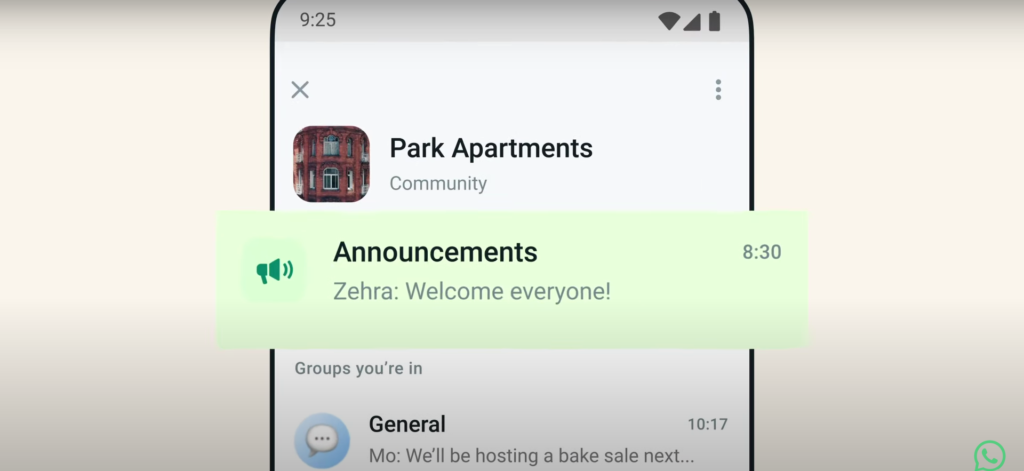Bar Pereg devoted the initial hours of the morning on Saturday engrossed in her mobile device, monitoring the whereabouts of her siblings as they sought refuge from the barrage of rockets by Hamas targeting Israel.

The individual, who resides in New York and is 37 years of age, originally underestimated the significance of the assault. The region has witnessed a protracted period of war and violence spanning over seven decades between Palestinians and Israelis, resulting in a situation where the occurrence of rockets is not an uncommon phenomenon. However, Pereg quickly became aware through the WhatsApp chats exchanged with her sisters that the current situation presented distinct characteristics.
In light of their concerns on the deteriorating conditions near Gaza, the two siblings made the collective decision to undertake automobile journeys in order to relocate to a more secure area.
Pereg mentioned that they requested the individuals to disclose their location for the purpose of monitoring their movements. Subsequently, Pereg proceeded to observe their activities, remaining stationary during the duration. It is worth mentioning that the individuals commenced their departure at approximately 4:30 a.m. Eastern Daylight Time (EDT). Upon reaching a highway, Pereg engaged in a systematic practice of alternating 20-minute phone calls with each sister in order to ensure their safety and prevent any instances of drowsiness while driving.
According to Pereg, the ability to audibly perceive their voices and visually discern their location had a crucial role in distinguishing between experiencing extreme panic or overwhelming terror, and maintaining a sense of optimism. It had a significant impact.
Individuals throughout the United States have resorted to use communication platforms such as WhatsApp to receive updates from acquaintances and relatives residing in Israel amidst the ongoing conflict. This conflict has resulted in a lot of casualties, with the death toll over 900 in Israel, exceeding 680 in Gaza, and involving at least 14 American fatalities. A significant number of Israeli individuals, together with an undetermined quantity of American citizens, have been subjected to hostage-taking and are presently being detained in various locations within the Gaza region.
Experts caution about the prevalence of disinformation on social media platforms, however they acknowledge that these platforms have become a crucial means of communication for Americans who are anxious about the well-being of their distant family members.
The most challenging and difficult period in our life, with Whatsapp beside us
Linda Mildwurf, a 52-year-old resident of Raleigh, North Carolina, has maintained regular touch with her 20-year-old daughter using the messaging application WhatsApp since the commencement of the conflict.
Mildwurf’s daughter is classified as a “lone soldier” inside the Israel Defense Forces, a term used to describe individuals whose parents do not reside in Israel. Mildwurf begged that her daughter not be named to avoid targeted threats by Hamas militants.
When not attending to her daughter and providing messages of support, Mildwurf dedicates her time on WhatsApp seeking refuge within a community of moms of lone soldiers. In this group, members provide regular updates regarding the well-being and circumstances of their respective children.

It is our responsibility to ensure their safety and security. The children in question are under our care and responsibility. According to Mildwurf, it is important to consider that the individuals in question are children. “And there’s nothing that we can do. The sole means at our disposal is the ability to communicate with them via the messaging application, WhatsApp.
Itzik Elyahou, a 37-year-old individual residing in California, was attending a mindfulness retreat characterized by restricted internet connectivity during the weekend. Consequently, Elyahou remained unaware of the ongoing conflict until Sunday.
Upon establishing a connection between his mobile device and a wireless network, the individual in question reported encountering an estimated total of 70 messages on the WhatsApp messaging platform, originating from acquaintances and relatives residing in the country of Israel. Upon receiving information of the war, the individual promptly returned to their residence and diligently sifted through the news following a strenuous two-hour journey.
“I didn’t know who was dead or kidnapped. The individual expressed that the situation was highly demanding, while also noting the safety of his personal family and intimate acquaintances. During the retreat, I experienced a heightened sense of being connected to the cosmos, perceiving a boundless realm of possibilities. The collective unity of humanity is evident in our interconnectedness. Subsequently, one returns to the realm of actuality.
Boris Meyerovich, along by his spouse, Noa Grinderfer, and their son, Ori, embarked on their return journey to the United States over the previous week.

Boris Meyerovich, a 33-year-old Israeli residing in Austin, Texas, recently traveled to Israel with the purpose of seeing acquaintances and relatives. On Friday, the individual arrived in the state of Texas accompanied by his spouse and child. However, due to the effects of jetlag, he found himself awakening during the nocturnal hours, only to discover an influx of alerts inundating his mobile device from various social media platforms.
Widespread disorder and confusion permeated the surroundings. Individuals were inquiring about one another’s well-being by asking, “Are you in a satisfactory state?”
The individual further expressed that the impact of the event is comparable to the significance of 9/11 for the United States. The situation is really distressing. These are the most somber and challenging days of our existence.
He maintains regular communication with his mother, engaging in conversation multiple times during the day, and receives information from his pals through WhatsApp groups. According to Meyerovich, his family has reported the presence of missiles in the vicinity of their residence, but they have managed to maintain their safety.
Debbie Secan, a 53-year-old individual residing in Raleigh, North Carolina, who previously resided in Israel during her twenties, has been utilizing communication platforms such as WhatsApp and Facebook Messenger to engage in conversations with her acquaintances amidst the ongoing onslaught.
The individual expressed gratitude for their ability to convey affection. One notable observation is that the individuals in question exhibit a strong sense of fear and astonishment.
Social media platforms have shown their capability to facilitate familial connections during times of crisis; nevertheless, they have also become inundated with a substantial influx of inaccurate and misleading information.
Misinformation has been disseminated on social media platforms such as Facebook and X, previously known as Twitter, where people have shared outdated movies or video game footage, falsely presenting them as recent developments from the Israel-Hamas conflict.

According to Dina Sadek, a research fellow specializing in the Middle East at the Digital Forensic Research Lab of the Atlantic Council, it is necessary to exercise caution while engaging with various forms of content. Currently, there exists a pervasive dissemination of inaccurate information and deliberate spreading of false information.
The spike of online hate following the Hamas attacks on Israel raises the question of whether social media platforms are responsible. The prevailing sentiment among individuals is to assign culpability to social media platforms.
The utilization of social media as a platform for disseminating propaganda is not a novel phenomenon, as evidenced by previous conflicts. However, several analysts argue that the contemporary task of effectively addressing and countering misinformation on online platforms is increasingly challenging.
According to Claire Wardle, co-director of the Information Futures Lab at Brown University, which specializes in the study of misinformation, the prolonged duration of the Israel-Hamas conflict may potentially be impacted by advancements in artificial intelligence, particularly in relation to propaganda.
Wardle (year) observed that recent developments, such as the actions taken by Elon Musk’s X, have contributed to increased difficulty in identifying certified journalists. Additionally, reports indicate that cutbacks within prominent digital corporations, namely Google parent company Alphabet and Facebook parent company Meta, have impacted staff dedicated to ensuring internet trust and safety.
The circumstances were inherently challenging, compounded by the presence of the highly intricate Israel-Palestine-Gaza conflict. According to Wardle, the observed phenomenon aligns with our expectations. However, the situation is exacerbated on Twitter, namely on platform X, due to the significant deterioration of verification processes.
View this post on Instagram
For other tech news, follow this link.

1 thought on “Horrifying Hamas and Israel Conflict Day 6: Applications like Whatsapp Became a Lifesaver for Americans”